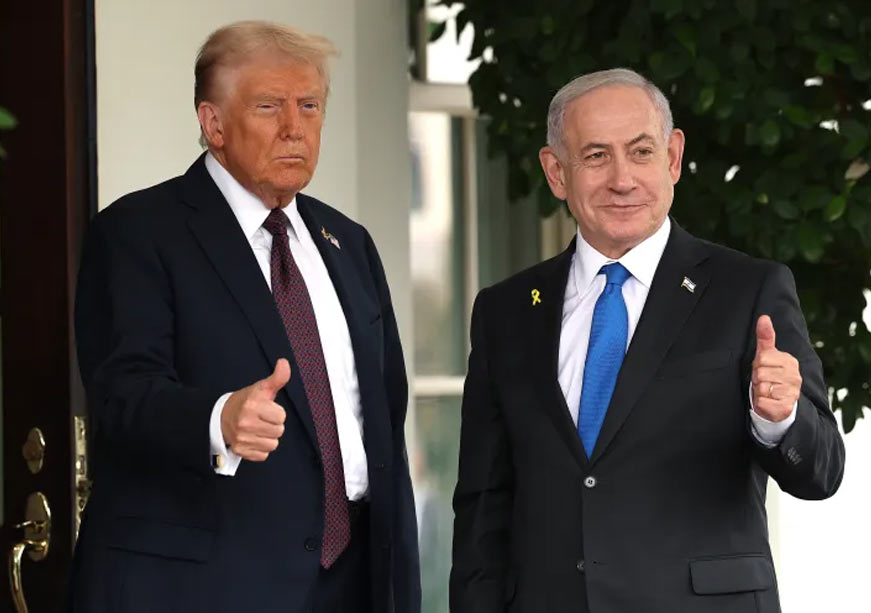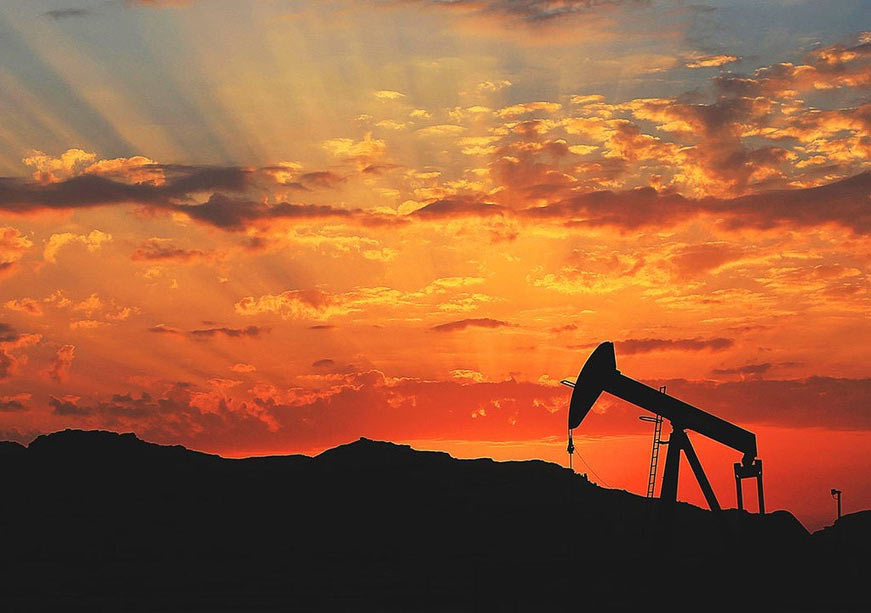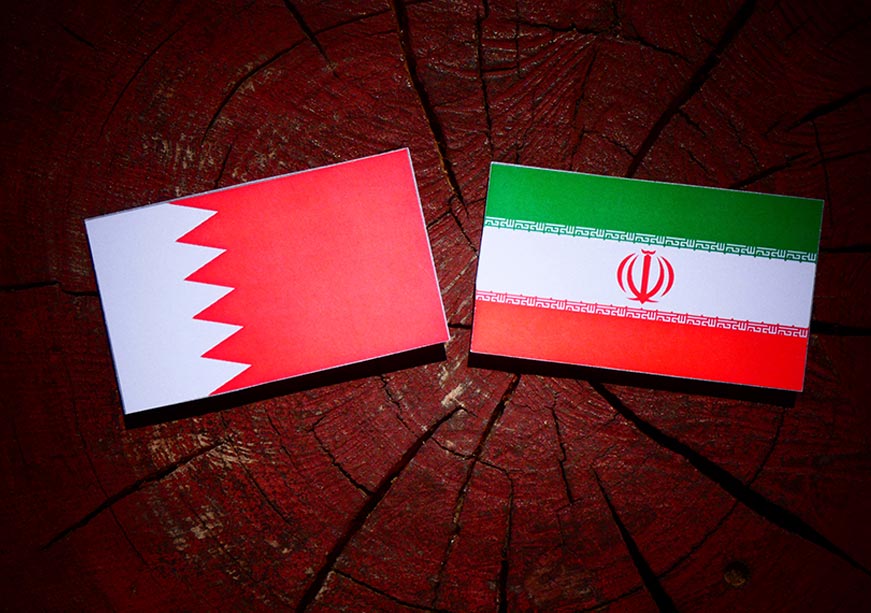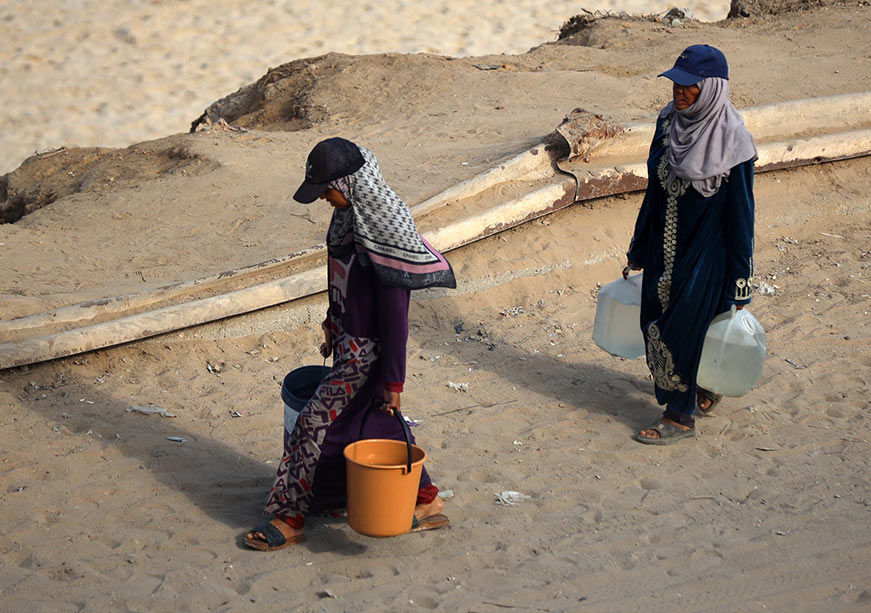On 9 October 2025, all eyes turned towards Egypt as an agreement was reached between Israel and Hamas on a ceasefire and the release of hostages, in line with US President Donald Trump’s Comprehensive Plan to End the Gaza Conflict. The actors involved were the belligerents and a limited number of diplomatic intermediaries, including the United States (US), Qatar, Egypt, and Türkiye. While the European Union (EU) did not sit at the negotiating table, its future participation in the discussions about and realisation of the region’s post-conflict stabilisation may be justified. The rationale for the EU’s involvement is multifaceted and relies on the following main considerations: a) the Union has experience in reconciliation; b) it has long supported and advocated for various mechanisms toward peace in the Middle East; and c) it is a major humanitarian donor and could contribute to the region’s reconstruction and recovery.
The war-torn region could build on lessons from the EU’s history, as the Union itself came about as once-hostile nations sought peaceful coexistence and economic prosperity. In subsequent years, the EU became a pivotal actor in charting a framework for peace and reconciliation for the Middle East as well. Through the 1980 Venice Declaration, the European Council[1] articulated and asserted a “European policy towards the Arab/Israeli conflict and set out principles for initiating a Middle East peace process”. The Declaration explicitly mentioned “the right to existence and to security of all States in the region, including Israel” as well as the Palestinian people’s “right to self-determination”. These principles serve as “the basis for the EU’s support for a negotiated two-state solution”. In line with this approach, the EU has been actively involved in the Middle East Peace process and international efforts to make it a reality. For example, in 2002, alongside the United Nations (UN), Russia and the US, the Union became one of the members of the international Quartet, essentially tasked with the facilitation of the peace process negotiations. Twenty-two years later, the EU remains committed to advancing the process in international fora. A recent illustration of the Union’s sustained engagement is its involvement in the Global Alliance for the Implementation of the Two-State Solution, announced on the sidelines of the UN General Assembly in September 2024. This initiative is attracting an increasing number of participants, as Luigi Di Maio, the EU’s Special Representative for the Gulf region, mentioned in October 2025.
Alongside its longstanding diplomatic engagements and expertise in reconciliation, the EU has also been mobilising substantial humanitarian aid and financial support. As the EU Commissioner for the Mediterranean noted, “thanks to its long lasting financial engagement, the EU is well-placed to play a leading role in the post-conflict stabilisation and early-recovery, reconstruction, security and support to the future governance in Gaza”. The Union is “the largest humanitarian donor to Gaza” and “the biggest financial supporter of the Palestinian Authority” (PA). The EU has committed to a 1.6 billion euros multiannual assistance envelope to the PA for recovery and resilience, covering 2025–2027. This financial support is “linked to structural reforms” that are to be implemented by the Palestinian Authority, aimed at contributing to a sustainable and transparent state-building process. Additionally, the Union suggested establishing a new Palestine Donor Group and a “dedicated instrument for Gaza’s reconstruction”. The rationale behind these initiatives, based on the announcement of the President of the European Commission, Ursula von der Leyen, is to relaunch the Palestinian economy while creating a viable environment and ecosystem for future prosperity and stability. Ursula von der Leyen invited all willing actors–with particular reference to the Palestinians’ neighbours–to join forces and adhere to these efforts.
Additionally, the EU is also implementing measures to enhance physical safety and security in the region. Two missions of the Union serve as a notable illustration: the European Union Police Mission for the Palestinian Territories (EUPOL COPPS) and the European Union Border Assistance Mission for the Rafah Crossing Point (EUBAM Rafah). Accordingly, in October 2025, the President of the European Council, António Costa, confirmed that: the “EU will contribute to Gaza’s stabilisation and reconstruction, including through our [the EU’s] missions EUBAM Rafah[2] and EUPOL COPPS, which stand ready to resume their important role in border security, capacity-building and police training”.
Making EU’s Actions Count – A Quest for Political Weight
The EU appears ready and equipped, with some key instruments, to contribute to the stabilisation of the Middle East.. A peaceful and stable neighbourhood to its south is also serving the Union’s own interests, as the EU itself has mentioned on multiple occasions. As the Commissioner for Neighbourhood and Enlargement put it in a speech pronounced on behalf of the then EU High-Representative Josep Borrell, in November 2022: “The broader Middle East region remains of fundamental interest to the European Union […] our future, prosperity, stability and security depend too much on how we manage our relations with our wider neighbourhood, including the Southern Neighbours and the Near and Middle East”. In line with this rationale, more than two years later, the Commissioner for the Mediterranean also highlighted that “Peace and stability in the Middle East is an overarching EU interest. Key to this is a permanent peace agreement between Israel and the Palestinians, based on the two-state solution”.
However, for the Union to shape the region’s transition within its wider neighbourhood – from conflict and turmoil to sustainable peace – it must ensure that its economic and diplomatic stabilisation efforts carry substantial political weight. This strategic approach could also support the EU in acting as a player, and not merely as a payer, a challenge the Union has been grappling with for some time. Reflecting this logic, the EU High Representative for Foreign Affairs and Security Policy stated in October 2025 that “given what we [the EU] are bringing to the table, we [the EU] should also be around that table, discussing”. Thus, it appears crucial for the Union to be part of any nascent international structure, possibly one formed based on President Trump’s proposal (which mentions, for instance, an “international transitional body”, a potential Board of Peace) tasked with overseeing and supporting the region’s future peaceful evolution.
According to the EU’s vision, the path to the region’s sustainable pacification leads through the two-state solution, with a reformed and “viable Palestinian Authority” and a “secure Israel”. However, this could be achieved only through strong international backing, with particular support from the powers involved in overseeing the region’s evolution. Additionally, the Union’s participation in a future international transitional structure could help ensure that its financial contributions for recovery and reconstruction are used as intended. A potential joint financial supervision under a forthcoming international structure could allow the actors involved to align funding efforts for greater coordination and complementarity. Finally, in addition to these strategic and operational benefits, the EU’s seat at the table may also carry significant symbolic meaning: it can signal to the international community that the Union is a relevant actor for the region, one that is willing and capable of actively engaging. The EU’s participation in the Summit for Peace, hosted by US President Trump and Egyptian President Abdel Fattah el-Sisi in Sharm El-Sheikh on 13 October, reinforces this logic. On the occasion of the Summit, António Costa reiterated the Union’s intention to be part of the international stabilisation structure to be established: “We [the EU] stand ready to participate in the International Peace Board and to support all processes – transitional governance, recovery and reconstruction”, as he put it.
Conclusion
The EU has much to offer for a region to achieve sustainable peace and stability. It possesses expertise in reconciliation, it is a veteran actor of the peace process, and it is willing to act as a main financial support provider for reconstruction and recovery. However, for its actions to be effective and implemented in line with its own strategic objectives concerning its wider neighbourhood, the EU should see to it that its diplomatic and economic efforts carry substantial political weight. Thus, it appears to be essential for the Union to get involved in the future international structure overseeing and supporting the region’s pacification and stabilisation. The Union has announced its readiness and intention to have a seat at that table, but now it shall face the task of giving effect to this aspiration.
Eszter Karacsony is an Associate Fellow and Program Lead in Geopolitics at Observer Research Foundation (ORF) Middle East.
[1] With the then nine Member States of the EU’s legal predecessor.
[2] As the EU High Representative confirmed, this mission resumes its activities on the week of October 13. Source, Kaja Kallas, X post, October 13, 2025, https://x.com/kajakallas/status/1977624674449391943











